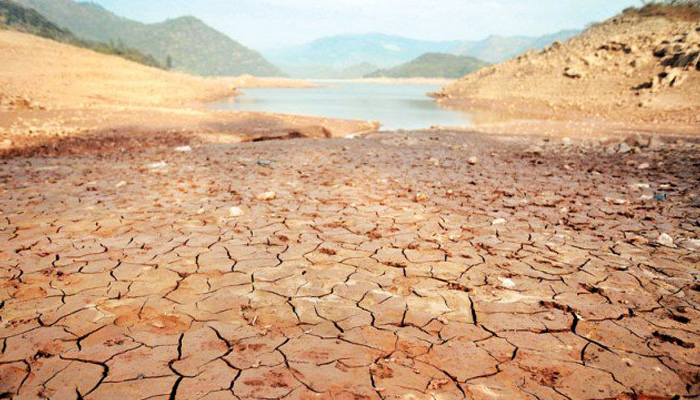The ‘Global Food Policy Report 2022’ has warned that summer heatwaves in Pakistan are expected to climb at a pace of 0.71 day per decade, while in India it is expected to treble or quadruple by 2100.
The International Food Policy Research Institute (IFPRI) has released a paper predicting that Pakistan’s water shortages would intensify because of climate change. Hemisphere’s glaciers have lost more mass since the year 2000 than they had lost throughout the twentieth century according to new research.
Three of the world’s five most water-scarce basins — the Indus, Sabarmati, and Ganges-Brahmaputra — are located in South Asia. It projects that GDP losses in the Indus Basin alone will approach $5,000 billion by 2100.
Glacier melt, sea-level rise, groundwater depletion, extreme weather events, and an increase in the frequency of natural disasters are only some of the immediate and long-term consequences of climate change for South Asia. Pre-existing vulnerabilities, such as high levels of poverty, governance issues, and restricted access to essential services or resources in South Asia, magnify the region’s climate risks, with potentially severe consequences if warming continues at the current rate, according to the research.
Because of the climatic changes that have taken place over the last decade, agricultural yields and output have decreased across the region, with certain exceptions for specific crops and locations. With climate change, rice and wheat yields in Pakistan have decreased, although introducing heat-tolerant cultivars has helped to mitigate the effects.










